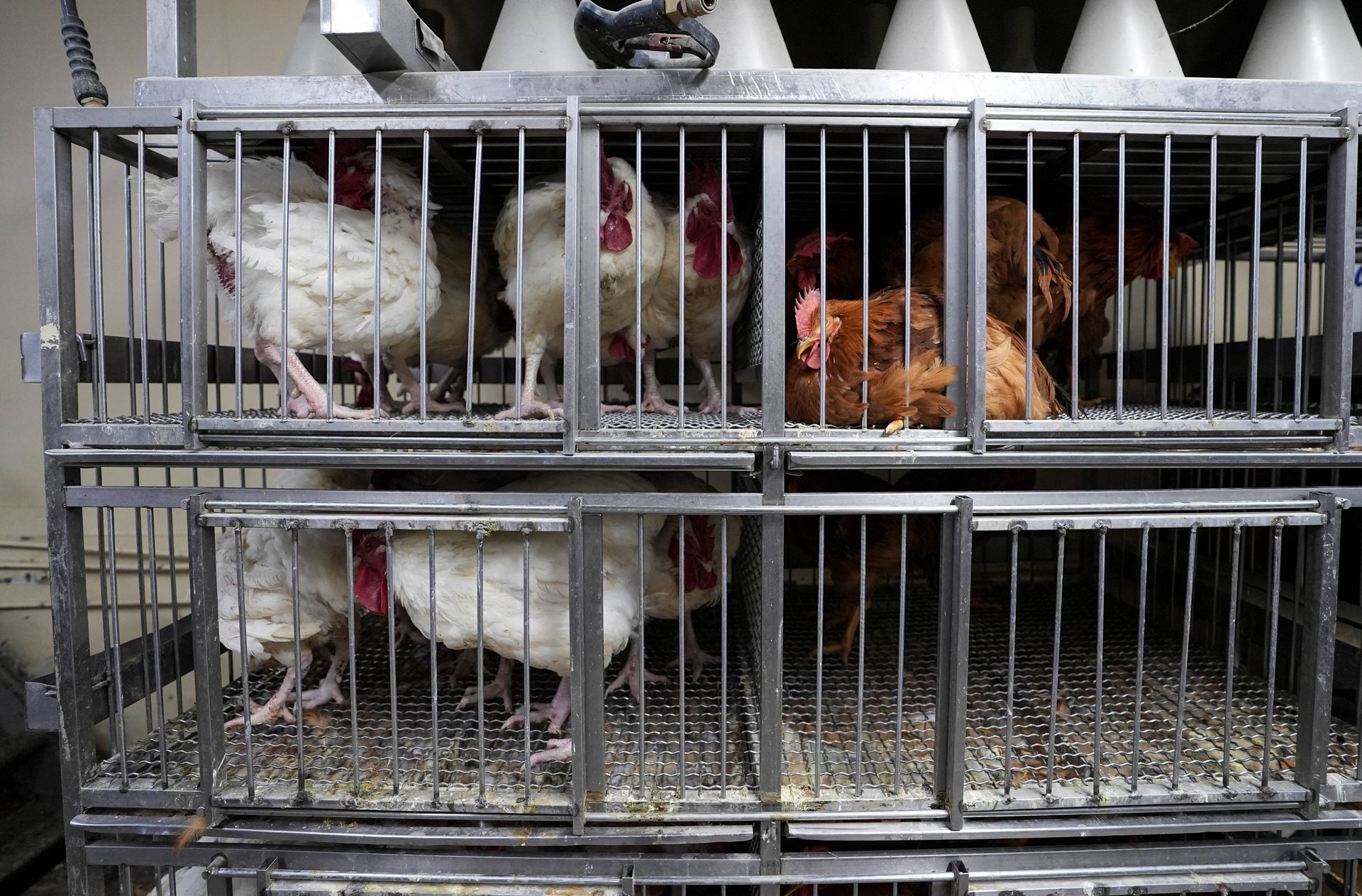A bird flu vaccine for chickens is on its way
The vaccine was developed by the animal health company Zoetis

In a bid to contain a bird flu outbreak that has sent egg prices soaring, the U.S. Department of Agriculture (USDA) last week granted a conditional license for a vaccine designed to protect chickens from the virus.
Suggested Reading
The vaccine was developed by animal health giant Zoetis (ZTS) and received approval on Friday. In a statement, the company said that it began updating its existing bird flu vaccine in 2022, as outbreaks of the highly contagious virus spread through poultry flocks.
Related Content
The USDA issued the conditional license after reviewing data on the vaccine’s safety, purity, and what it called a “reasonable expectation of efficacy.” Zoetis noted that conditional approvals are usually granted in emergencies or special circumstances. They remain in effect for a limited time but can be renewed if necessary.
Zoetis has previously developed bird flu vaccines, including one deployed last year to protect California condors. However, the company emphasized that the decision to vaccinate commercial poultry remains in the hands of U.S. regulators, who would consult with the poultry industry before taking any action.
Unlike some countries that vaccinate poultry against bird flu, the U.S. has historically relied on culling — killing – infected flocks to contain outbreaks. Officials have long been wary of using vaccines, citing concerns that they could complicate virus detection and disrupt international trade. This approval signals a potential shift in strategy.
Over 159 million birds, including commercial poultry, have been infected with the bird flu since 2022, according to the U.S. Centers for Disease Control and Prevention (CDC). In just the past 30 days, over 23 million cases among U.S. birds were detected.
When health officials confirm bird flu in a flock, the birds are killed in order to stop the spread of the virus. A farm in N.Y. recently made headlines after being forced to euthanize 100,000 ducks following a positive test for the virus.
This has led to a shrinking of the nation’s egg-laying hen population and surge in egg prices. The USDA reported last month that the country’s egg production fell 3% in December, and the population of all egg-laying poultry fell 2% from last year.
Meanwhile, egg prices rose 15.2% month over month in January — the highest jump in nearly a decade, according to data released Wednesday by the Bureau of Labor Statistics.
More specifically, the price of a dozen large, grade A eggs reached $4.95 in January, up over 96% from a year ago when prices were just $2.52.
